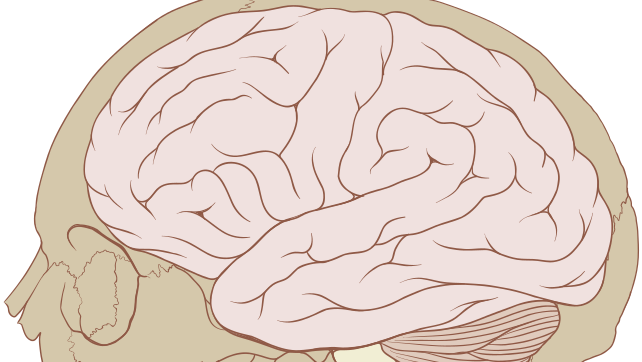Decoding the Brain: A New Frontier in Communication
A recent study by Israel's Prof. Eran Stark sheds light on how the brain codes information, with implications for practical purposes such as prosthetics, artificial senses, and improving memory and learning
A recent study led by Prof. Eran Stark from the Sagol Department of Neurobiology at the University of Haifa sheds light on how the human brain codes information in a process called two-stage brain coding.
“We want to understand what’s the language that the brain uses to speak with itself, and for two reasons,” Stark told The Media Line, explaining his six-year research study, recently published in the prestigious Science magazine.
“One is just out of curiosity: We want to understand. It’s like a riddle, and we want to decipher the riddle. The second reason is the more practical part, that if we understand the language that the brain uses to talk to itself, we can also converse with it,” he said.
The research focused on how the brain encodes new information, a crucial issue in understanding learning and memory processes.
Scientists have long known that when a brain takes in new information, certain cells in the hippocampus, the brain structure responsible for memory and learning, begin to fire more often.
If we understand the language, then we may be able to do much better. We may be able to communicate with the brain.
“Since the ’50s or the ’60s, people have been implanting electrodes in the brains of animals and humans and trying to read the memories or write or decipher the actions or the thoughts or the vision, and many other things. It’s been in many science fiction movies,” Stark said. “But we don’t really understand the language. If we understand the language, then we may be able to do much better. We may be able to communicate with the brain.”
In Stark’s study, the researchers inserted tiny optoelectronic gadgets into the brains of mice and then used a feedback technique to boost the activities of certain cells in the hippocampus. They were able see how this affected the timing of firings, giving them important information on how these two things are connected.
They found that when the firing rate went up, something called phase precession happened, in which the timing changed accordingly: As the firing rate increased, timing shifted. Therefore, the brain’s local circuitry automatically switched from one language (a rate code) to another (a precise timing code).
Stark said the discovery is significant because it helps understanding of how the brain talks to itself. It could also be useful for practical purposes such as prosthetics, artificial senses, and even backing up or sharing memories.
Shirly Someck, a PhD candidate from Tel Aviv University who has collaborated with Stark, told The Media Line that the research could have a substantial impact on the future of the medical field.
“We want to develop something that will help people, and this kind of thing could be what we call brain-machine interface or brain prosthesis,” she said.
“When you know what is going on in a certain brain area and you can have, for example, an input, you get a signal into this brain area, and you know what’s going on, and how to decode. And then you get an output from this area. If you know the input and the output, you can basically replace this area in the occurrence of injury, for example, or brain cancer or something in that area.”
Lana Ikelan is a recent graduate of the Hebrew University of Jerusalem and an intern in The Media Line’s Press and Policy Student Program.


